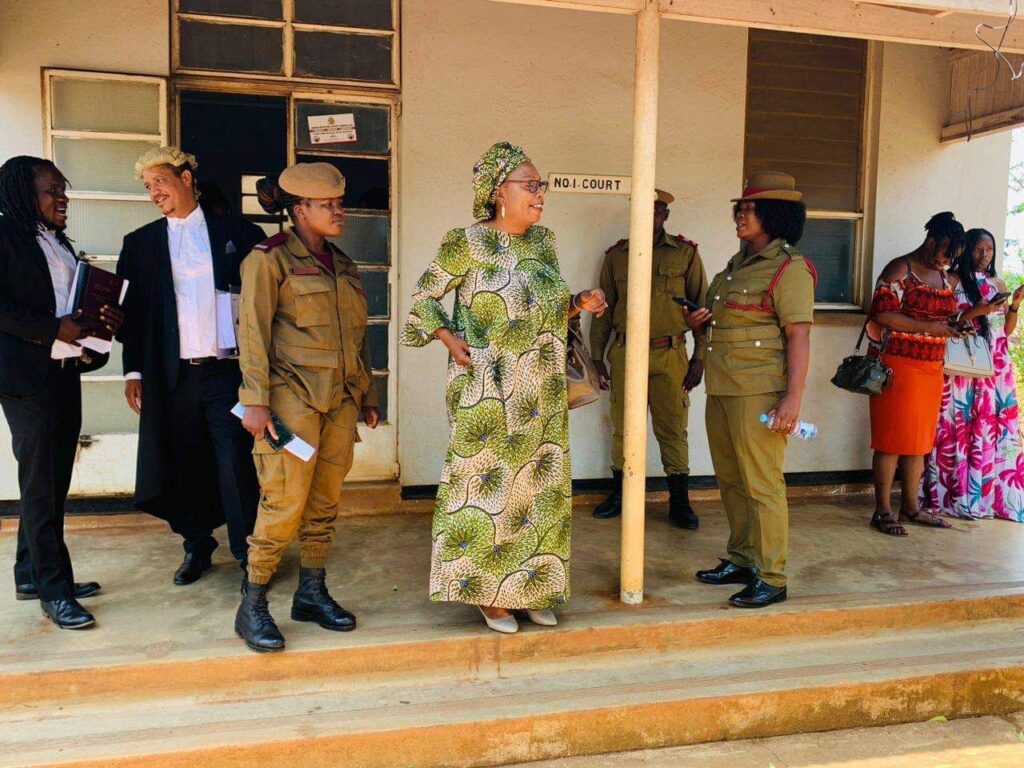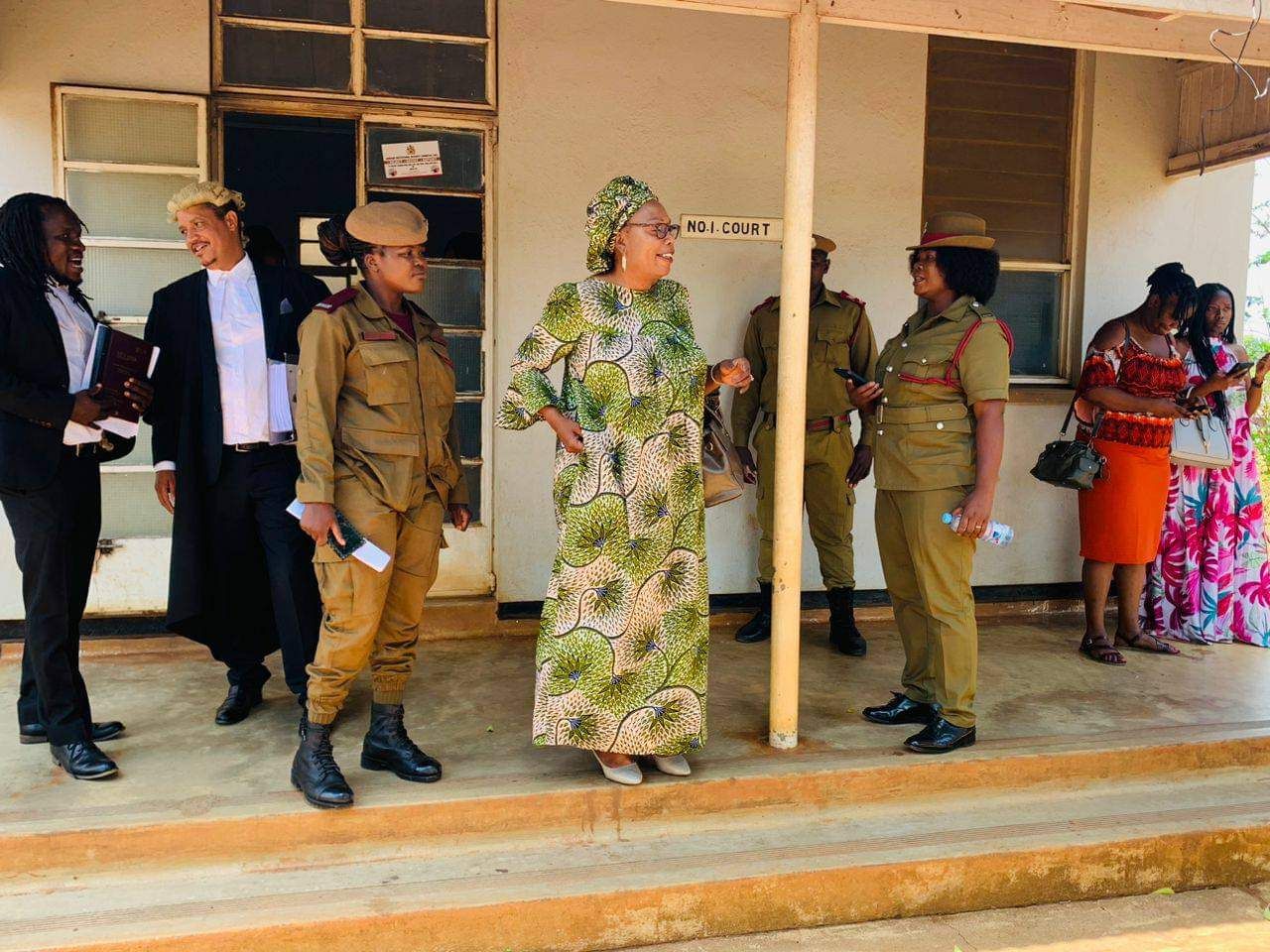By Burnett Munthali
The sentencing of Annie Mumba to 53 years in prison for the murder of her husband, Peter Mumba, has not only brought closure to a high-profile criminal case but has also ignited public discourse on issues surrounding domestic violence, justice, and sentencing in Malawi. This case’s circumstances, involving a respected educator from Lilongwe University of Agriculture and Natural Resources (LUANAR), have stirred intense public scrutiny, as well as reflection on the larger societal issues at play.
Judge Mzondi Mvula’s 53-year sentence for Annie Mumba reflects both the gravity of the crime and the court’s intent to deter similar incidents in the future. Malawi’s justice system has often been criticized for inconsistent sentencing, but in this case, the lengthy prison term suggests an effort to communicate a zero-tolerance stance on domestic violence resulting in death. This approach is significant in a country where many still view family disputes as private matters, often sidelining serious interventions.

Judge Mvula’s sentencing comments highlighted that the decision was aimed at balancing justice for the victim while sending a strong warning to society. In recent years, Malawi has seen an increase in domestic violence cases reaching the courts, which signals both growing awareness and the need for effective preventive and punitive measures.
This case is notable not only for its tragic end but also for its illustration of gender dynamics in domestic violence. While men are traditionally seen as perpetrators in many domestic abuse cases, this instance highlights that both genders can be victims or aggressors in intimate relationships. It is a reminder of the importance of addressing domestic abuse holistically, without preconceived notions about gender roles. Both men and women can be driven to extremes when violence, jealousy, or mistrust takes root in relationships.
The high-profile nature of this case, involving a well-known teacher from LUANAR, has added a layer of shock and sadness in the community. Friends, colleagues, and students of the late Peter Mumba have been deeply affected by the details that emerged during the trial. Public opinion, often a powerful force in such cases, has been divided. Some sympathize with Annie Mumba, suggesting that deeper underlying issues may have driven her to commit this act, while others believe that the punishment is fitting and will serve as an effective deterrent.
This spectrum of public opinion reveals the complexity of understanding domestic violence, which is often deeply rooted in social, psychological, and economic factors. For many, this case has become a painful reminder of the hidden tensions that can exist within seemingly ordinary relationships.
Annie Mumba’s sentencing raises questions about how Malawi’s justice system can better address the root causes of domestic violence. While this verdict may deter some, long-term change will likely require a shift beyond punitive measures alone. Malawi’s institutions could benefit from investing in education on conflict resolution, mental health support, and accessible counseling services for married couples or those experiencing relationship challenges.
The case also brings to light the need for more robust protective measures for victims and at-risk individuals. Strengthening legal protections and providing support services are essential steps in preventing domestic violence from escalating to lethal levels.
The 53-year prison sentence for Annie Mumba is a powerful and complex conclusion to a tragic story. For many, it marks justice served, while for others, it underscores the need for society to better address the root causes of domestic violence. As Malawi reflects on this case, there is hope that it may inspire a stronger, more preventive approach to domestic violence—one that values life and provides avenues for conflict resolution before tragedy strikes.
In the wake of this sentencing, the community remains somber, reminded of the fragility of life and the need for compassion, support, and understanding in intimate relationships. Judge Mvula’s decision may indeed serve as a landmark, encouraging change in how Malawians view, discuss, and address issues of domestic violence moving forward.



